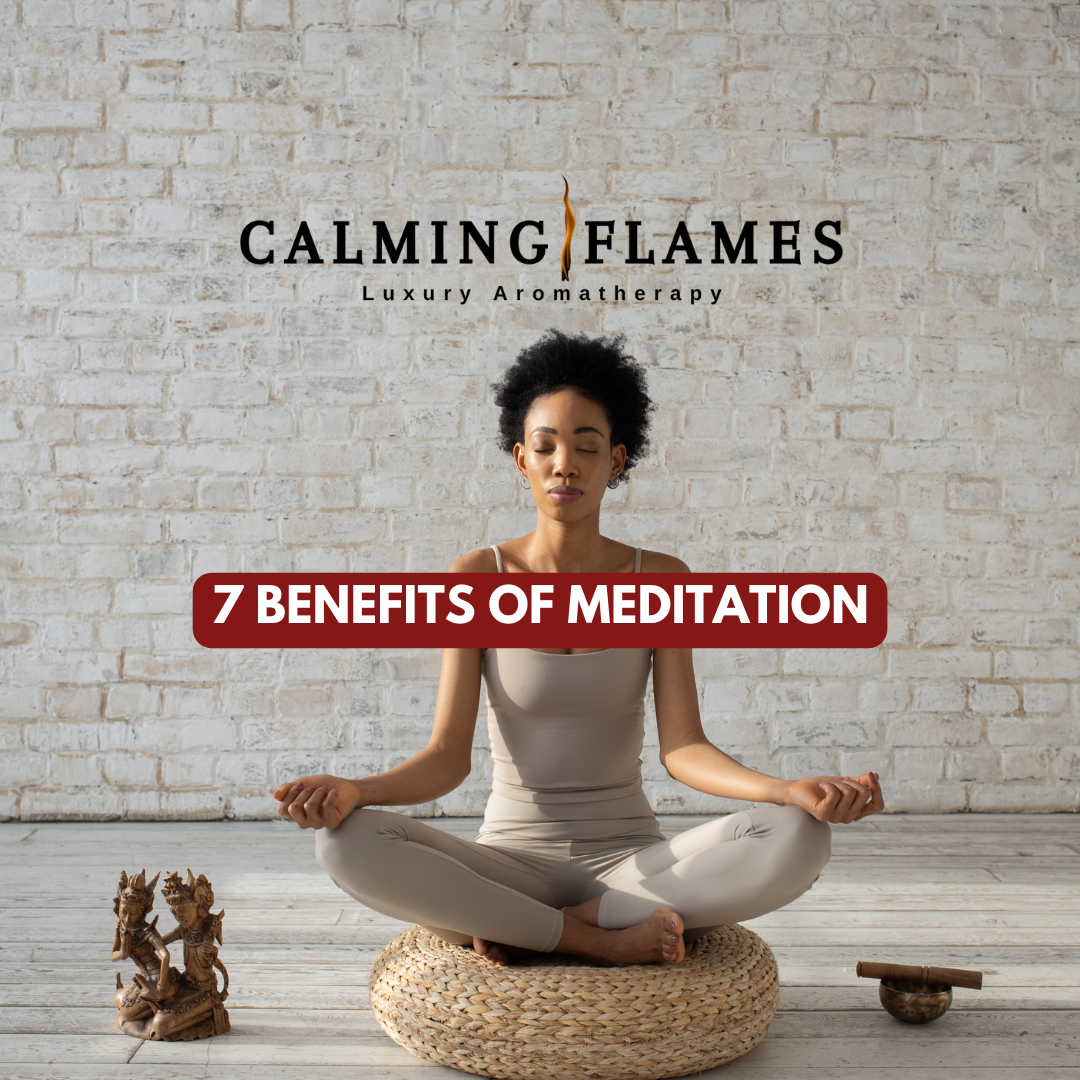Are you struggling to detach from someone or something even though you know it's the right thing to do? You're not alone. Detaching from something can be difficult, but it's important for your own wellbeing. Here are a few tips to help make the process a little easier.

Understand why you want to detach
Many people feel attached to material possessions, and it can be hard to let go of things that we have an emotional connection to. However, there are good reasons to detach from material possessions. For one thing, accumulating too many belongings can lead to feelings of clutter and overwhelm. It can also be expensive to maintain a large collection of things, and the process of moving homes can be cumbersome if you have too many items to transport. In addition, attached objects can also serve as a reminder of past pain or trauma. If you are holding onto something because it reminds you of a happy memory, that's one thing. But if an object is causing you more pain than happiness, it might be time for you to let it go. Understanding your reasons for wanting to detach from material possessions can help you to let go of things that are no longer serving you.
Set boundaries and stick to them
One of the most important things you can do for yourself is to set boundaries and stick to them. Whether it's setting limits on your time, energy, or emotions, it's essential to have boundaries in place to protect yourself. When you don't set boundaries, you're at risk of becoming overwhelmed and exhausted. You may also find yourself in situations that are harmful or hurtful. But when you do set boundaries, you're able to take care of yourself in a much better way. You're able to focus your time and energy on the things that are most important to you. And you're able to protect yourself from people and situations that could do you harm. So if you want to live a healthier, happier life, be sure to set boundaries and stick to them.
Distance yourself gradually or completely
It's often said that out of sight, out of mind. When it comes to people in our lives who we need or want to distance ourselves from, this couldn't be more true. If we're constantly around someone, it becomes harder and harder to create the space between us that we need. This is why, if possible, it's often best to distance ourselves gradually. By slowly reducing the amount of time we spend with the person, we give ourselves a chance to adjust and create new habits. We also avoid any potential drama that could come from abruptly cutting off all contact. Of course, there are also times when complete and immediate distancing is necessary. If someone is toxic or harmful, for instance, it's usually best to remove them from our lives entirely. In these cases, it's important to be confident in our decision and maintain firm boundaries. Remember, we have a right to choose who we allow into our lives - and who we don't.
Deal with any guilt or sadness you may feel
Some people feel guilty or sad after they end a relationship. They may think about what they could have done differently or blame themselves for the break-up. It is important to deal with these feelings in a healthy way. One way to do this is to talk to someone who will understand and can offer helpful advice. Another way is to express your emotions through writing or art. You can also try to distract yourself by doing things that make you happy. However, it is important to not ignore your feelings or try to numb them with alcohol or drugs. Dealing with your emotions in a healthy way will help you move on and start feeling better.
Find support from others who have gone through a similar experience
Out of all the advice given after a loved one passes away, the most common is probably to find support from others who have gone through a similar experience. Grief can be an isolating experience, and it can be difficult to find people who understand what you are going through. However, seeking out support from others can be incredibly helpful. In addition to providing comfort and understanding, talking about your grief can also help you to process your emotions and start to heal. There are many ways to find support, including online forums, support groups, and counseling. If you are struggling with grief, reach out for help. You don’t have to go through this alone.
If you find yourself in a situation where detachment is the best option, remember these five tips. Understanding your motives for wanting to detach is crucial. You must set boundaries and stick to them in order to protect yourself. Distancing yourself gradually or completely may be necessary. And finally, it’s okay to feel guilty or sad about the situation. Find support from others who have experienced something similar so you don’t feel alone during this difficult time.







Leave a comment
All comments are moderated before being published.
This site is protected by hCaptcha and the hCaptcha Privacy Policy and Terms of Service apply.